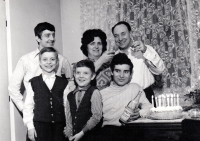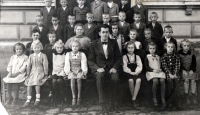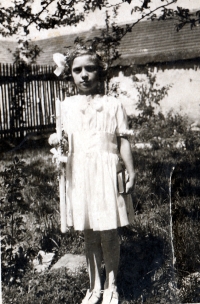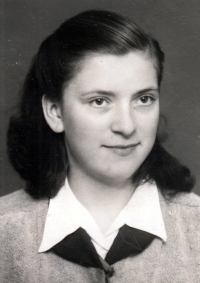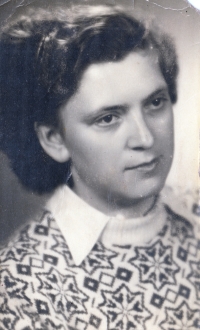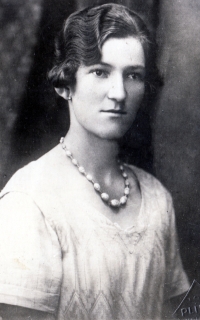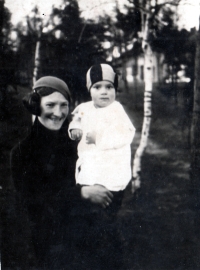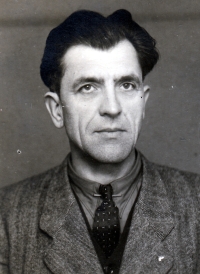The stress of the war has stayed with me to this day.
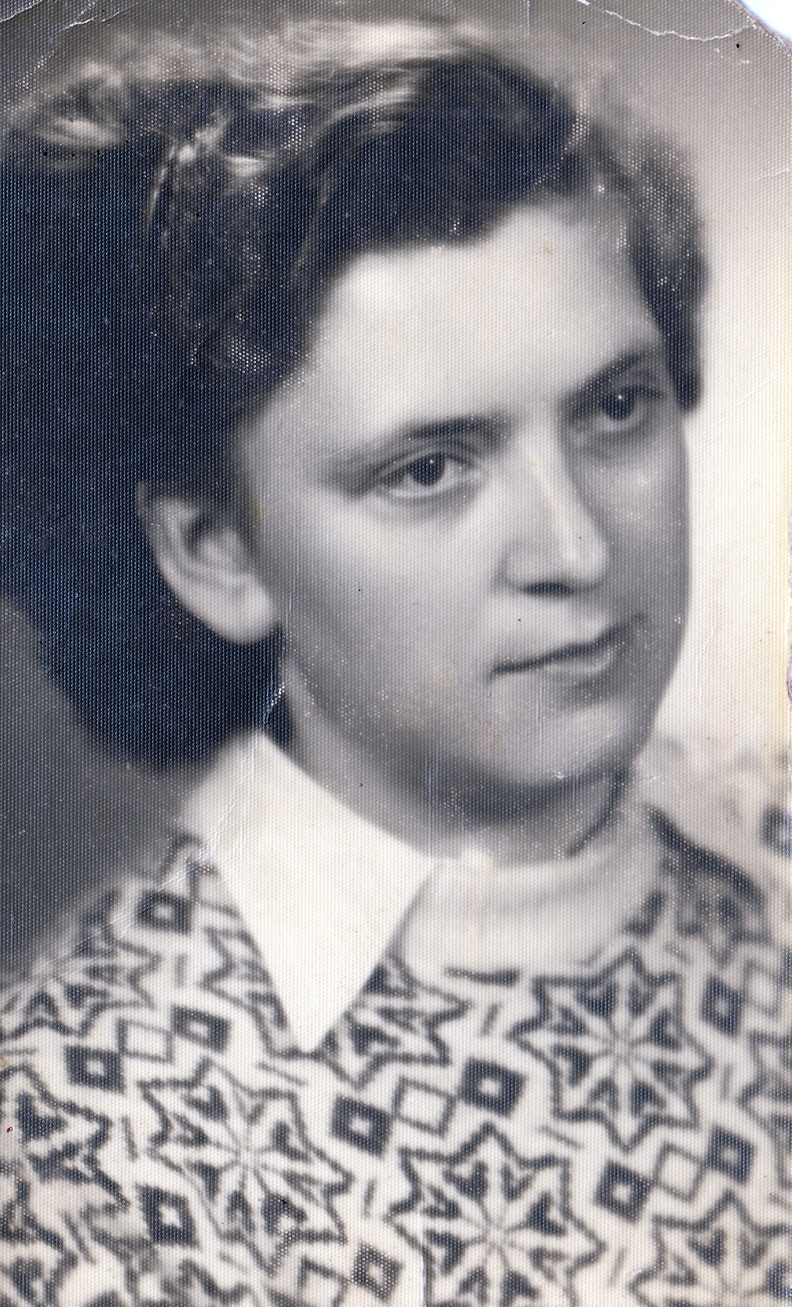
Download image
Ludmila Novotná, nee. Zelinková was born on 20 January 1935 in Němčice nad Hanou, part of Hliník, as the fourth of seven children. Her mother Božena, nee Přidalová, was a housewife. Her father, Alois Zelinka, an apprentice carpenter and coachbuilder, ran a trade in Němčice. The whole family also went to work in the fields with the farmers. In 1944, Ludmila’s mother died of tuberculosis. Due to the infectious stage of her illness, some of her siblings, including Ludmilla, lived in an orphanage in Napajedla from 1941 to 1942. Her father remarried the same year. Ludmila experienced a very harsh upbringing, especially from her father. She lived through the dramatic end of the war in Němčice. After the war she joined the Scouts, which became her lifelong love. She trained as a seamstress at the Prostějov Clothing Factory (OP), where she also worked. Her father’s trade was nationalized after 1948. When Ludmila was sixteen, her father threw her out of the house after an argument. She went to live in a sublet in Prostějov. In 1953, she married Dalibor Novotny, a professional soldier whose father died as a resistance fighter in the Mauthausen concentration camp. They raised four sons together. Thanks to her husband’s profession, they moved frequently and lived for a long time in Přerov. She then worked as a postman and kitchen manager in a kindergarten. In 1989 she retired, and for eight years she worked as a cook at the parish of St. Moritz in Olomouc. For a large part of her life she accompanied the blind. In 2023 she lived in Olomouc.
